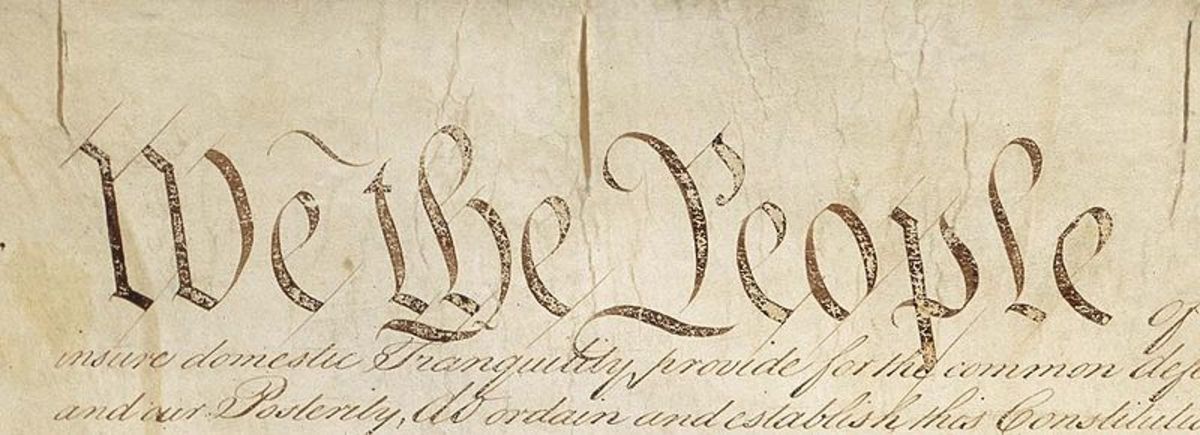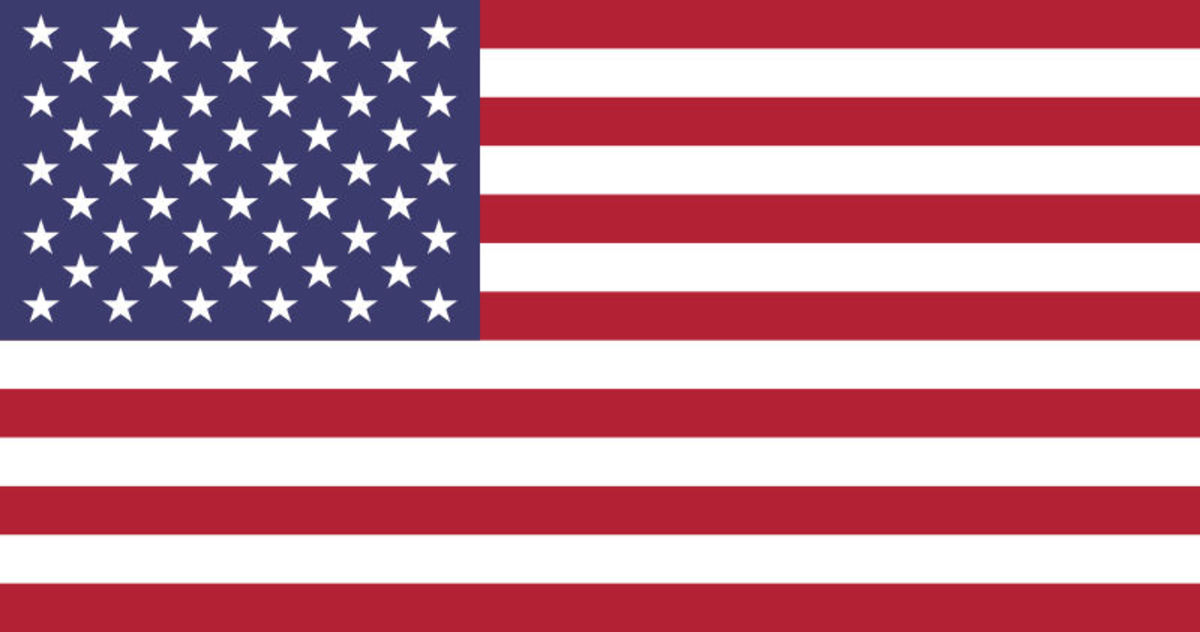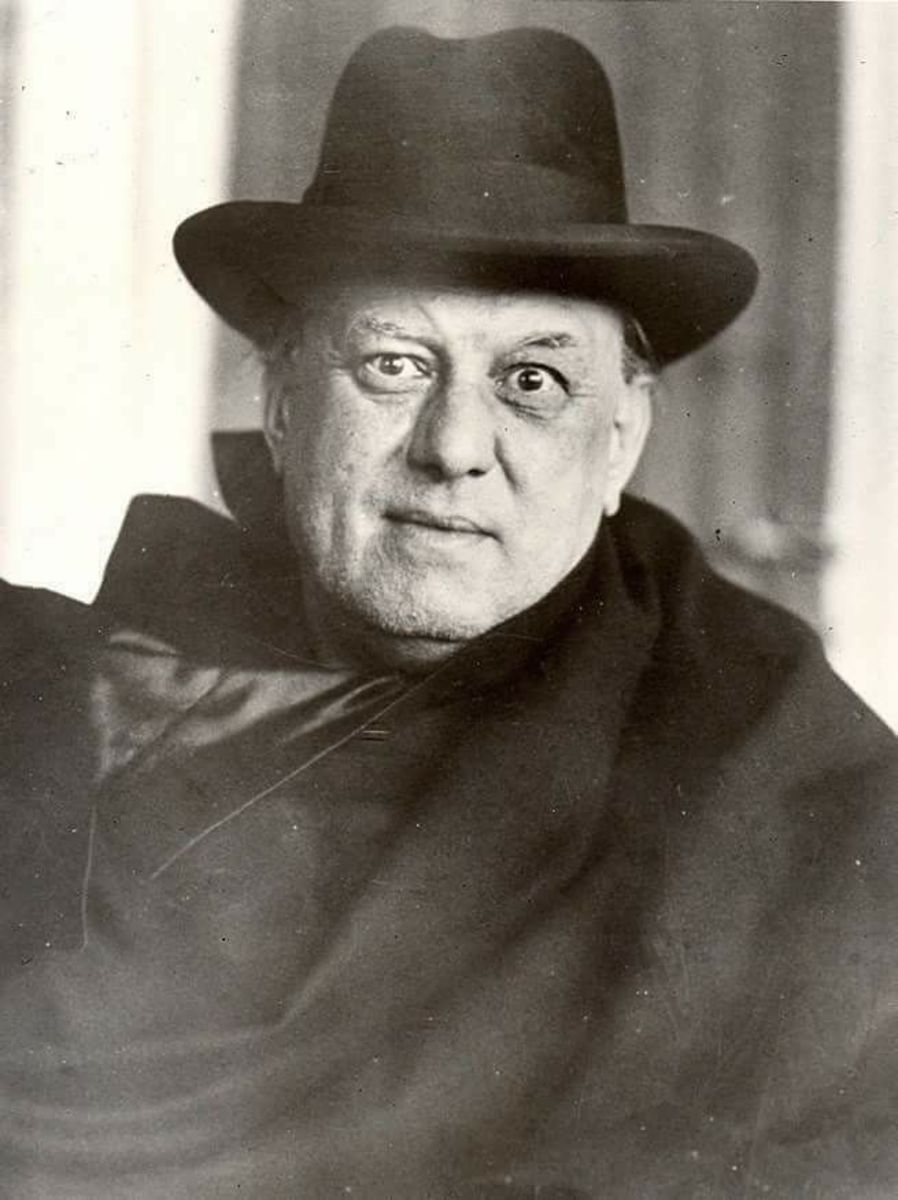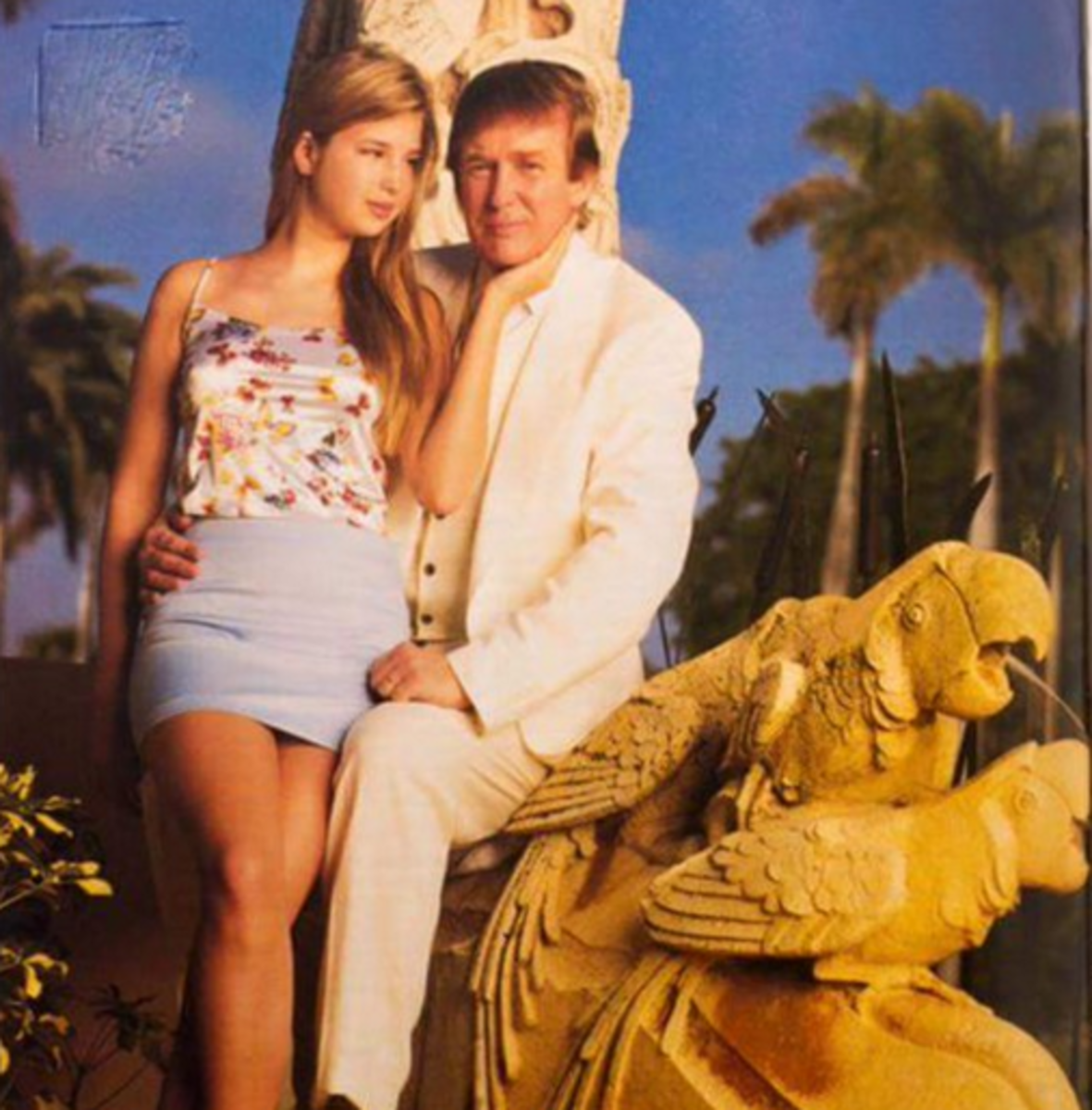Voltaire agrees to agree? The roots of the First Amendment
An example of British satire from 1810 lampooning the Continental foe Napoleon
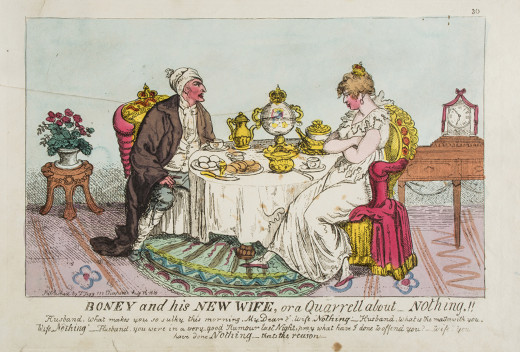
Free speech goes all the way back to the 17th century and is a tussle between rulers and the ruled
Francois-Marie Arouet known by his nom de plume Voltaire was a great French philosopher and writer. For those desperate to have a go with any of his works but don’t have the time or inclination, try a little book by him like Candide that you could finish in a day. Voltaire lived before the French Revolution and died in 1778 just after the US became independent of the British. Mercifully, for all his egalitarianism he died before heads were rolling in their thousands and blood flowed through Parisian boulevards, all for the sake of liberty, equality and fraternity during their literally bloody revolution. Voltaire advocated freedom of speech through letters, documents and books and criticised authority including religious authority at a time when the first Encyclopaedia, in the modern sense of the word was being hatched, creating a beacon of objective knowledge, accessible to many more than before, with implications for sharing governance and limiting hierarchy. But there was something Voltaire never said on free speech and the US First Amendment probably owes more to the British than the French.
At the turn of the 17thcentury took place the Glorious Revolution in England in 1688. Ousted was a hated Catholic king, James 2nd to be replaced by a semi imported lineage consisting of the union between James’s Protestant daughter Mary (the US state of Maryland was named after a previous Mary) and her Dutch husband William of Orange as joint rulers subject to more restrictions from Parliament. These agreements increased parliamentary power including freedom of speech.1
"The king and queen both signed the Declaration of Rights, which became known as the Bill of Rights. This document acknowledged several constitutional principles, including the right for regular Parliaments, free elections and freedom of speech in Parliament. Additionally, it forbade the monarchy from being Catholic."1
From around 1695, the parliamentary Licensing Act, effective since the 1660’s to muzzle the press, more or less lapsed2, creating a situation of increasing press freedom into the eighteenth century with caveats and ups and downs in the freedom of information. The legislation that increasingly ensured press freedom, fed into the First Amendment of the USA. There was of course a French component to this freedom. Much of US Independence was based on works by Tom Paine who was a pall bearer for the French Revolution.
So what is Voltaire supposed to have said with regards to free speech?
"I disapprove of what you say, but I will defend to the death your right to say it."
It appears instead to have been coined by Evelyn Beatrice Hall from around 1919 when she translated a pile of Voltaire’s writings. She attributed the sentiment to Voltaire, but it looks like she took responsibility for the quote, eventually, seeing the mischief it could foster from the proverbial mouth of a master. She seems to have admitted this in a letter from 19393.
This technicality, presumably noted by multiple scholars, perhaps forcefully made as early as in the 1960s by Norbert Guterman has been overlooked. The statement has been repeated ad nauseum despite this evidence, suggesting both historical precedent from Voltaire and as a pillar of liberal thought, risking his own skin. As Guterman has noted3, it probably does date to a French source around 1770, but not Voltaire.
Whereas Empress Catherine the Great of Russia felt very favourable to the French Enlightenment under influencers like Voltaire4, supporting the Encyclopaedia from that period, she, like many others were alarmed when they witnessed the transformation of free speech into the toppling of the French monarchy. Whereas she and others would have espoused free speech, they recognised the limitations of it and delayed implementation of reforms to decrease Royal prerogative.
Free speech started flourishing in Britain from the late 18th century, but it was moderated to a greater or lesser degree, at least due the force of an established hierarchy where people had a sense of where they belonged. No need to upset the apple cart of a rising super power. Parliament could haul in and chastise miscreants (Clive of India for example was more than slapped on the wrist, for questionable sources of wealth, even though he presented India on a plate to the British).
There are copious examples of often coarse satirical cartoons mocking both king and society, that could not necessarily be challenged or suppressed by the powerful. Eg., a fat king George was referred to as the Prince of Whales. The first Georgian decades of the 19th century before Queen Victoria are regarded as a golden age of satire.5
Today in the US, you can have as much First Amendment as you like but it doesn’t stop the police or potential assailants & innocents shooting the other down for trivial reasons, thanks in part to a spurious interpretation of the Second Amendment. This probably shows the importance of free speech with due process and reasoned argument rather than other constitutional strictures that can shut it down, either in a hail of bullets or biased judges. If only free speech in the best sense could also change things for the better - but the West does remain more transparent than other places.
The British probably understood this at some level before woke culture (“Islamophobia, transphobia, homophobia ….”) seems to have severely compromised free speech6 – the Prime Minister has often been traditionally greeted with eggs and tomatoes. Scepticism of politicians has been balanced by a respect towards a good monarch or the monarchy and what it represents, at least as an institution. And yes, the First Amendment also has a number of boundaries and these are being constantly tested in legal contexts.
Voltaire was no fool and didn’t want to risk his life for freedom of expression. Could we at least start with a definition of free speech? ... So, sometimes you speak freely, trying to avoid conflict and falsehood & hopefully assailants. Other times, you practice silence.
- https://www.history.com/topics/british-history/glorious-revolution
- https://www.historytoday.com/archive/liberty-licence-and-leveson
- https://quoteinvestigator.com/2015/06/01/defend-say/
- https://www.encyclopedia.com/people/history/russian-soviet-and-cis-history-biographies/catherine-great
- https://www.britishmuseum.org/about_us/tours_and_loans/uk_loans_and_tours/current_tours_and_loans/golden_age_of_satire.aspx
- https://www.spectator.co.uk/2013/11/how-we-invented-freedom/



